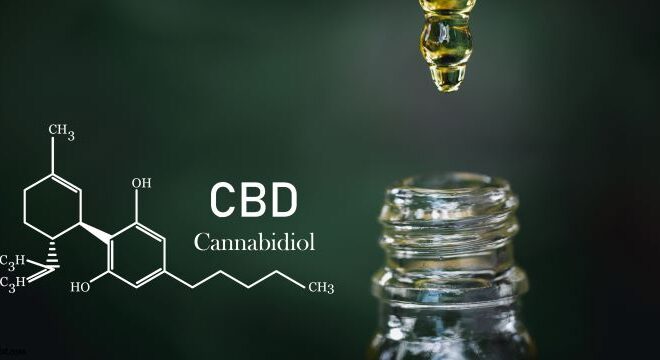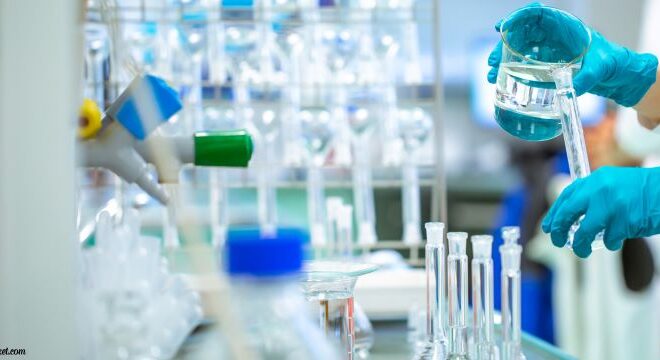
Understanding Erectile Dysfunction: Causes, Treatments, and Misconceptions
Key Takeaways:
- Erectile Dysfunction (ED) is a complex condition influenced by physical, psychological, and lifestyle factors.
- Various treatments are available and continue to evolve, offering hope to those affected.
- Understanding and confronting the psychological repercussions of ED is crucial for both individuals and their partners.
- Educating oneself about the myths and realities of ED fosters a healthier and more informed approach to dealing with the condition.
Table of Contents
- What is Erectile Dysfunction?
- The Causes of Erectile Dysfunction
- Signs and Symptoms
- Diagnosis and Evaluation
- Treatment Options for Erectile Dysfunction
- The Psychological Impact of Erectile Dysfunction
- Debunking Common Myths and Misconceptions
- Innovations in Treating Erectile Dysfunction
- Living with Erectile Dysfunction
What is Erectile Dysfunction?
Erectile Dysfunction (ED), often considered as the inability to achieve or maintain a satisfactory erection for sexual activity, is a condition that can profoundly affect a man’s quality of life. Beyond the mechanics of sexual performance, it affects psychological well-being and interpersonal relationships. Despite its prevalence, it remains a topic shrouded in silence and embarrassment. While the subject might be sensitive, numerous ED solutions are available, ranging from medical treatments to lifestyle modifications. Bringing this issue into the open is the first step towards managing and overcoming it.
The Causes of Erectile Dysfunction
The etiology of ED is multifaceted, branching into physiological and psychological factors. Physically, blood flow obstruction or nerve damage can lead to ED, with conditions such as atherosclerosis, high blood pressure, and diabetes being common culprits. Hormonal imbalances, predominantly testosterone deficiency, also contribute to its onset. Psychological underpinnings, including performance anxiety, stress, and relationship problems, can disrupt the standard psychogenic triggers needed for an erection. Moreover, unhealthy lifestyle habits such as smoking, alcohol abuse, and obesity play a pivotal role in exacerbating this condition. Understanding these causes is vital to address and manage the symptoms of ED effectively.
Signs and Symptoms
Apart from the hallmark symptom of difficulty with erections, ED may also manifest as a reduction in sexual desire or problems with orgasm and ejaculation. Although a solitary occurrence of erectile challenges is not uncommon and typically not a cause for concern, recurrent experiences might hint at ED. This is particularly relevant when such issues persist over time, causing distress or affecting one’s relationship. It’s important to note that such symptoms can also signal underlying health issues, making it crucial to seek a medical evaluation to rule out other conditions.
Diagnosis and Evaluation
The diagnostic process for ED is thorough and patient-centric. It usually starts with a detailed discussion about sexual and medical history, leading to physical examinations that might reveal pertinent health issues. Additional tests, such as blood work and urinalysis, help uncover underlying medical conditions, like diabetes or hormonal imbalances, potentially contributing to ED. In some situations, more specialized tests examine the blood vessels, nerve function, and penile structure. The Mayo Clinic offers a wealth of information for readers seeking a deeper insight into the diagnostic process for ED.
Treatment Options for Erectile Dysfunction
The therapeutic landscape for ED is diverse and patient-tailored. Oral medications like PDE5 inhibitors are common first-line treatments that improve blood flow to the penis. Injectables and urethral suppositories are alternative pharmacological routes for those who are contraindicated for oral medications. Mechanical devices such as vacuum erection pumps can be both practical and non-invasive. In cases where medication and devices are ineffective or unwelcome, surgery, including penile implants, offers a more permanent solution. Crucial to any treatment plan, lifestyle changes, including exercise and diet revisions, are essential in improving the underlying health conditions leading to ED. Combined with psychotherapy or couples counseling, these strategies aim to support overall health and address any psychological barriers to a healthy sex life.
The Psychological Impact of Erectile Dysfunction
ED’s influence extends far beyond the physical aspects, often causing psychological strain that can affect self-esteem and intimacy within relationships. Men dealing with ED might experience depression, anxiety, or a sense of emasculation, affecting their social and emotional well-being. Partners may feel rejected or question their desirability, leading to additional stress on the relationship. Coping with these emotional challenges requires openness and, often, professional support. Addressing both the mind and body aspects becomes essential for those leading a life shadowed by ED.
Debunking Common Myths and Misconceptions
The misinformation surrounding ED generates various myths, which can cloud judgment and hinder those affected from seeking help. One such misconception is the belief that ED is an unavoidable part of aging. Though prevalence increases with age, it’s not an absolute nor an untreatable condition. Another common misbelief is that ED is solely a mental problem, ignoring the substantial number of cases stemming from physical health issues. Additionally, many subscribe to the notion that lifestyle modifications do not significantly impact ED, yet evidence suggests that factors like physical activity and dietary habits profoundly influence erectile health. Dispelling these myths is imperative for individuals to approach ED with an informed and practical mindset.
Innovations in Treating Erectile Dysfunction
The field of ED treatment is evolving, with new therapies and approaches emerging as medical technology advances. Research has expanded into regenerative medicine by exploring stem cell therapies and platelet-rich plasma (PRP) injections. Additionally, advances in telemedicine have made it easier for men to seek help discreetly. Keeping abreast of the latest developments can offer hope and alternatives for those searching for options beyond traditional treatments. Updating with resources like ScienceDaily’s Erectile Dysfunction News can shed light on these cutting-edge advancements.
Living with Erectile Dysfunction
Navigating life with ED involves adjusting to its realities and managing its implications for personal well-being and relationships. Communication with partners about the condition is critical for mutual understanding and empathy. Support groups and online forums offer a sense of community and shared experience that can provide comfort and reassurance. By embracing healthy lifestyle choices, proactively seeking out treatments, and maintaining open dialogues about the condition, individuals can minimize the impact of ED and preserve a satisfying quality of life and intimacy.
ED is a complex health condition with profound emotional aspects, but it is by no means a definitive barrier to a fulfilling personal life. Acknowledgment, understanding, and a proactive attitude toward management and treatment can make a significant difference. As knowledge and treatments advance, the potential for living well with ED grows. The journey begins with informed discussions and consultations with healthcare professionals and, with continued education and support, leads to improved outcomes and enhanced quality of life.



